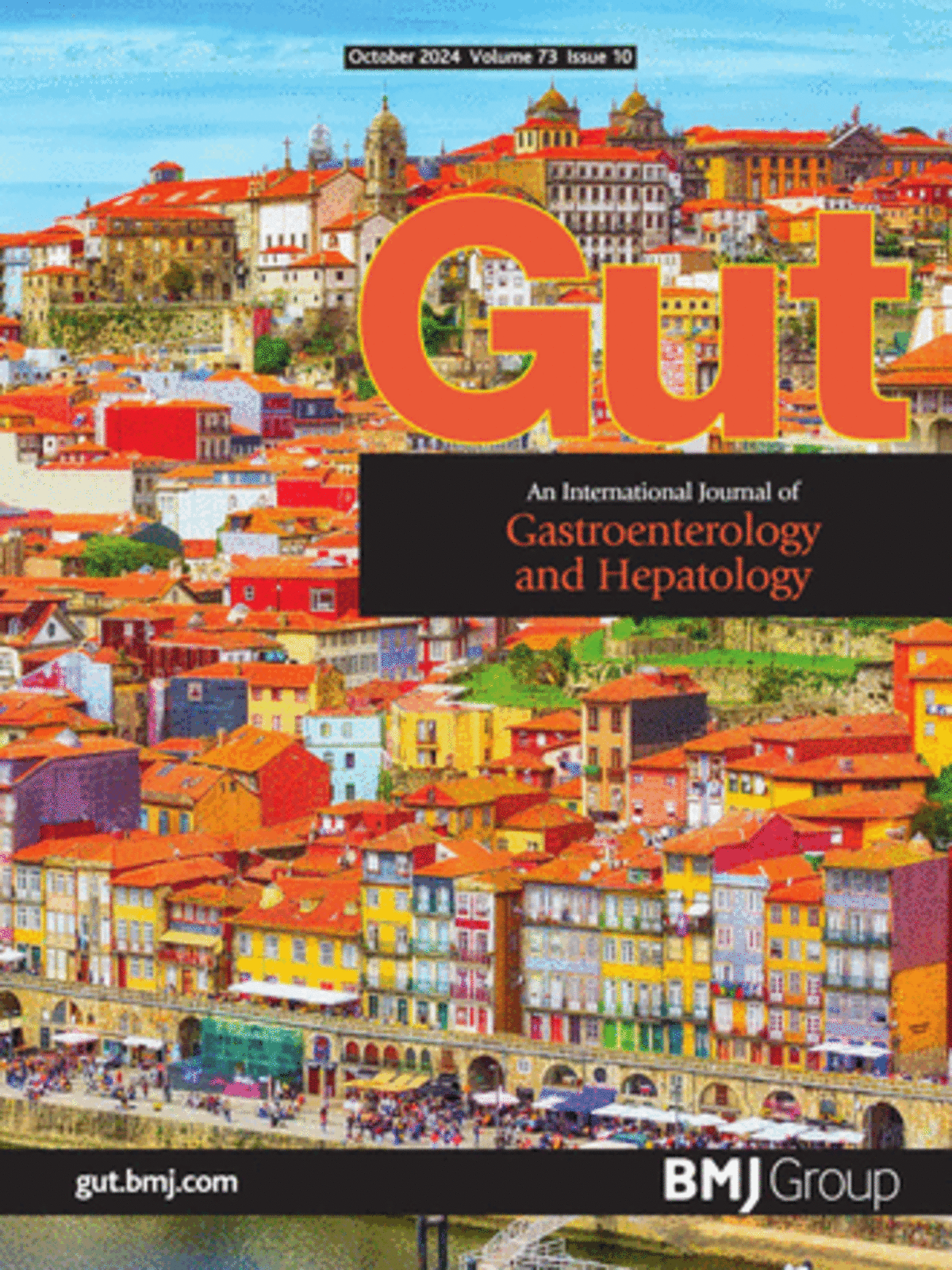
Although the Council of the European Union has recommended the introduction of stomach cancer screening, guidelines on how to implement this process still need to be developed. The "search and treat" strategy for *Helicobacter pylori* (H. pylori), which involves actively detecting the infection and eradicating it if the test is positive, is the most promising strategy for Europe. The article also provides an overview of current implementation studies in Europe: GISTAR, Eurohelican, TOGAS, EUCanScreen.
SUMMARY
- The absolute number of stomach cancer cases in Europe is increasing every year. The Council of the European Union has recommended introducing stomach cancer screening in countries or regions with high incidence and mortality rates. However, as of 2024, no organized stomach cancer screening program has been launched in Europe.
- There are several ways to reduce the burden of stomach cancer, but the *Helicobacter pylori* "search and treat" strategy seems the most suitable for Europe. It should be noted that this strategy would involve increased use of antibiotics.
- In the European Union, only organized population-based cancer screening is recommended, so stomach cancer screening must meet the criteria of an organized screening program. Several aspects of screening organization must be considered before fully implementing stomach cancer prevention in Europe, including the target age group, types of tests, H. pylori eradication regimens, and monitoring strategies. Projects such as GISTAR, EUROHELICAN, TOGAS, and EUCanScreen are expected to provide the necessary evidence. Feedback from policymakers and potential target groups, including vulnerable populations, will be crucial for program planning.
- This article provides an overview of recent decisions by European institutions, progress in the implementation of stomach cancer screening in Europe, and the challenges ahead. Finally, a potential algorithm for stomach cancer screening in Europe is proposed.
*Gut is a leading international journal in gastroenterology and hepatology, known for publishing high-quality clinical research on the digestive tract, liver, bile ducts, and pancreas. *Gut* offers up-to-date, authoritative, and clinically relevant content in all areas of gastroenterology and hepatology. Articles regularly describe new disease mechanisms and new diagnostic and treatment strategies that are likely to influence clinical practice in the near future, authored by leading experts in the field.
You can read the full article here: https://gut.bmj.com/content/early/2024/09/04/gutjnl-2024-332705.full
 CONFERENCE
CONFERENCE